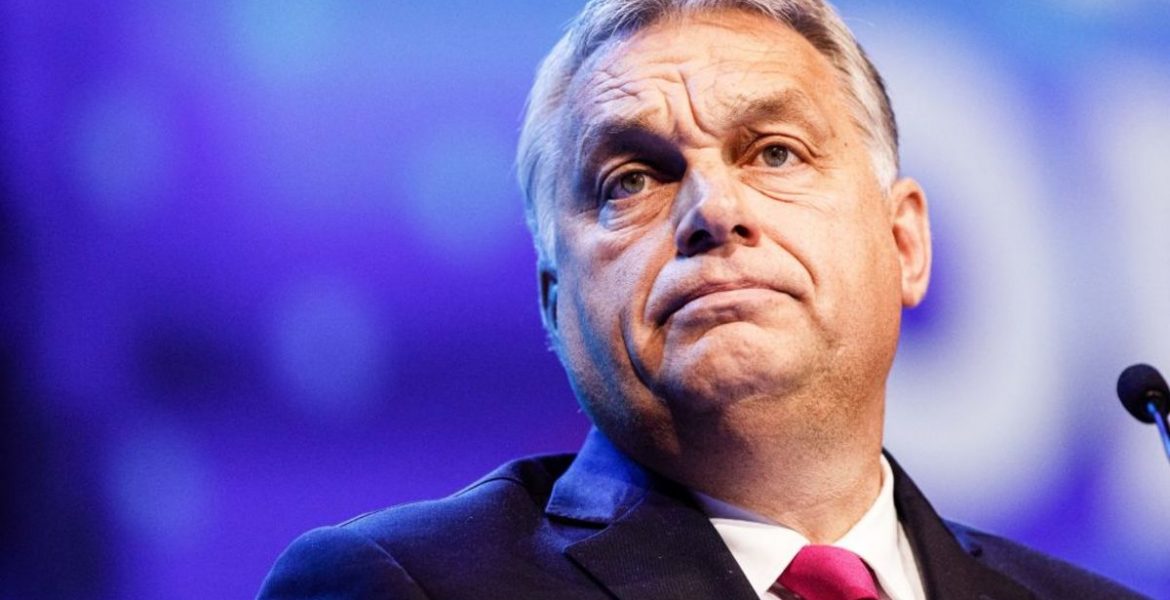In a debate with Commissioner Gentiloni on the Hungarian and Polish recovery plans, MEPs called for more transparency to make sure funds are properly allocated.
Economy Commissioner Gentiloni updated MEPs on Wednesday, saying that currently 22 of the 25 submit national recovery plans have been approved. The Bulgarian and Dutch plans have not yet been submitted and the Hungarian, Polish and Swedish plans are waiting to be approved by the Commission. He insisted that while the Commission is completing its assessment of the remaining three plans he would not provide views on pre-assessments and individual plans.
During the debate, most MEPs called for the approval process to be more transparent to allow them to understand what steps the Hungarian and Polish governments have taken to address concerns about the rule of law and attacks on the judiciary, primacy of EU law, public procurement, corruption and unequal treatment of minorities.
Many MEPs also said that the Commission should not approve the plans unless all deficiencies are properly addressed in line with budget rules protecting the EU’s financial interests and taxpayers’ money. At the same time, they highlighted that they are not acting against ordinary Hungarian and Polish citizens; on the contrary, they want to make sure that EU money goes to people and companies in need and not to corrupt politicians.
The RRF is the biggest building block of the EU stimulus package and a temporary crisis instrument designed to help EU countries tackle the effects of the COVID-19 pandemic, with a total firepower of € 672.5 billion in loans and grants. So far, 25 national plans have been submitted, 22 of them approved by the Commission and 19 adopted by the Council. Subsequently, requested pre-financing of €51.5 billion has already been disbursed to 16 member states.




